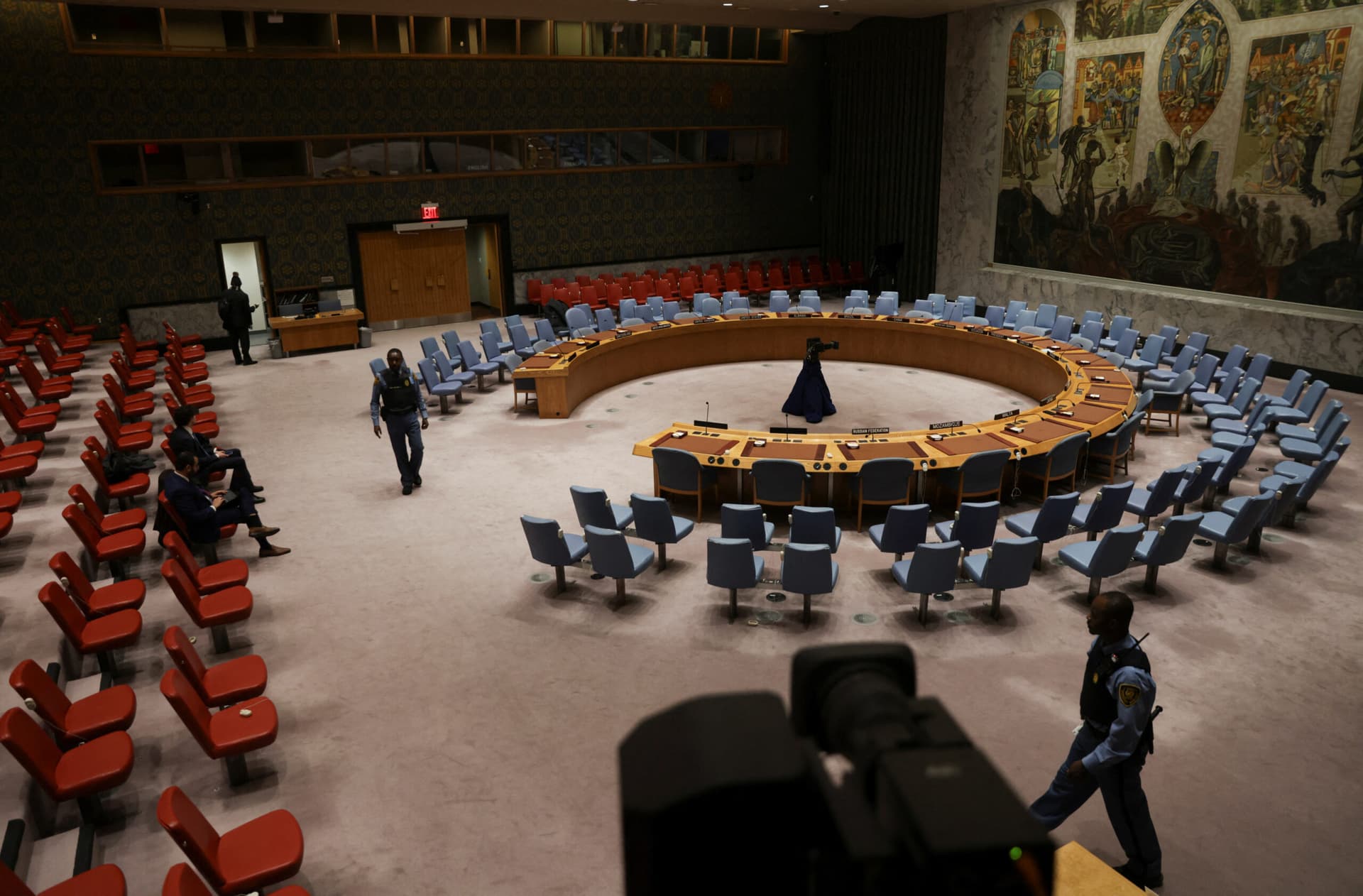Trump backs House vote to release Epstein files, reversing earlier opposition
Donald Trump has reversed his position and signaled support for a U.S. House vote to make documents related to Jeffrey Epstein public, a shift reported by CBS News that injects new momentum into a contentious oversight battle. The move raises legal and institutional questions about privacy, prosecutorial secrecy, and congressional authority, and could reshape how future document release votes are decided.
Donald Trump has reversed course and endorsed a U.S. House vote to release files connected to Jeffrey Epstein, CBS News reported today. The endorsement came as the House prepared to consider a measure to make the disputed records public, a procedural step that could deliver new material into the public domain and further complicate a long running national conversation about accountability and transparency.
The reversal is notable because it alters the political dynamics surrounding the vote. Lawmakers who had been weighing whether to support disclosure will now confront fresh pressure from a high profile political figure who had previously opposed making the files public. The shift is likely to affect internal caucus deliberations and whip counts as members assess legal risks, institutional precedent and constituent expectations.
A House decision to release documents is not purely political. Legal constraints may limit what can be disclosed. Prosecutorial files, sealed court records, and material subject to grand jury secrecy often carry statutory protections that courts enforce. Even where Congress votes to release records, ongoing litigation or court orders can inhibit immediate publication. Congressional leaders and counsel will need to reconcile the desire for public access with obligations to protect privacy, preserve prosecutorial integrity and comply with judicial rulings.
Institutionally, the episode tests the balance between congressional oversight and other branches of government. The House has broad investigatory powers, but those powers intersect with judicial process and federal prosecutorial discretion. How members frame the vote and the accompanying legal rationale will matter for future institutional norms. If the House moves forward, it will set a benchmark for how Congress handles requests to unseal sensitive materials tied to high profile investigations.
The political calculus is also significant. Support from a dominant political figure can create momentum for a majority to act, but it can also harden opposition among members who view the release as politically motivated. Historically, votes to disclose sensitive records split along partisan lines when the release is perceived as benefiting one party. The present shift raises questions about whether patterns of votes will follow partisan alignment or whether cross party coalitions will form around principles of transparency or protection of victims and ongoing investigations.
Policy implications extend beyond a single legislative action. Lawmakers could use the episode to clarify standards governing public access to investigative files, including clearer statutory guidance on handling grand jury material, victim privacy safeguards and timelines for disclosure. Those conversations could lead to legislative proposals aimed at standardizing how Congress, courts and prosecutors coordinate when records implicate both public interest and individual rights.
The public will be watching closely, and civic engagement is likely to intensify. Media scrutiny, legal filings and advocacy by victims groups and privacy organizations will shape the post vote environment. For lawmakers, the immediate test is procedural: whether the House majority can secure a vote and, if successful, how it will navigate subsequent legal hurdles. The outcome will not only determine what information becomes public but will also influence institutional norms about disclosure and the interplay between transparency and legal constraints.


